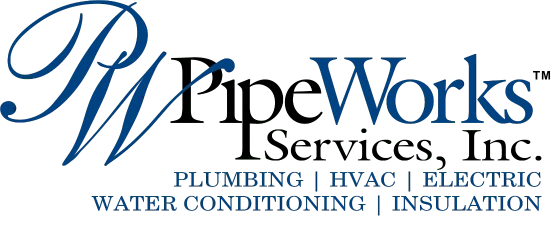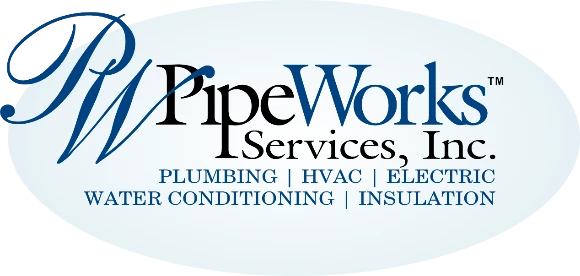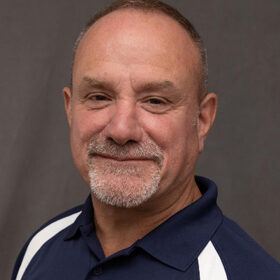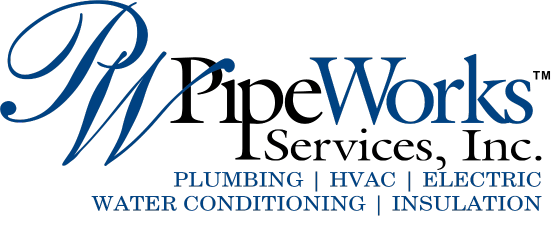When you need a new water heater, one mistake to avoid is determining the size you need based on the size of your home, as opposed to careful calculations that take into account several criteria. Your current water heater’s size may not necessarily be a good guide, either, because you and your loved ones may use more water than it provides efficiently, or you may even use less than it produces, which means you’re wasting energy.
The price differential among water heaters varies by size, to some degree, but the real savings that you’ll experience come from lower energy expenses during the water heater’s lifespan.
Water heaters all have a first-hour rating (FHR), which indicates how many gallons the heater can warm up in an hour when the water is hot already. You’ll have to calculate how much hot water you use during the peak demand periods for your family. Use these water-usage estimates to determine your home’s FHR range:
Showers: use approx. 10 gallons
Shaving: uses approx. 4 gallons
Kitchen prep or hand washing uses approx. 4 gallons Dishwasher: uses approx.6 gallons
The washing machine uses approx. 7 gallons
Multiply these applications by the number of people using the hot water to arrive at the FHR that you need. For example, if four people take showers within one hour in the morning, you’d need an FHR in the range of 40.
Next, you’ll have to take into account the water heater’s energy factor (EF). The EF tells you how efficiently the heater uses its energy source to heat water. Factors that affect the EF include:
Insulation. More insulation reduces standby losses that occur when the water isn’t being used, but the heater has to keep it hot.
Recovery efficiency. This indicates how fast the heater recovers after you use hot water.
Cycling losses. These occur when you run the hot water and how much heat the water loses in transit. Insulated pipes help you reduce cycling losses, especially in our climate in the winter.
If you’re in the market for a water heater, contact Pipe Works Services we’ll be happy to answer your questions. We’ve provided plumbing and HVAC (heating, ventilation, and air conditioning) services for Somerset, Morris, Union, and Essex Counties since 2000. Our goal is to help educate our customers in Chatham, NJ, and surrounding areas about energy and home comfort issues (specific to HVAC systems).




